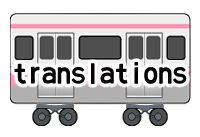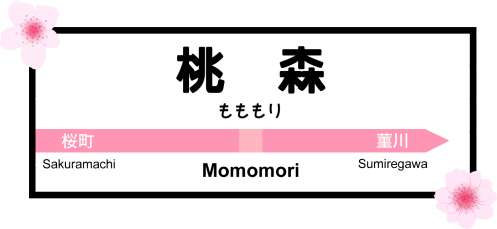Some Thoughts on Spaced Repetition
Intended audience: You use Anki, you know what spaced repetition is, and you've made some of your own cards. You may have used a shared deck or two. You may use a workflow that includes automated steps like auto-exporting words from Yomichan to Anki.
When I started using Anki, I was really excited by the potential. Remember everything? Awesome, sign me up. I'd been learning French and Japanese for several years, but still had a long way to go in terms of vocabulary. I hated having to look words up all the time while reading. I had used paper flashcards, and later Quizlet, but the time it took to review things was tedious and it felt like I wasn't really getting anywhere.
A lesson I learned the hard way is that if you have too much stuff on the back of your card, it makes the review experience really unpleasant. Making more cards with less information makes review time feel rewarding. Andy Matuschak talked about this in his "How to write good prompts" article. He goes into good detail, although I think his major points can be made more succinctly.
I often see advice to Japanese learners in particular to automatize the workflow as much as possible. Install Yomichan and then auto-add cards to Anki! The only problem with that is that if you just import a full dictionary entry for every card, you're going to end up with cards that have a ton of stuff on the back. Cloze deletions help a little with this in terms of teasing out nuances in meaning, but I am a big proponent of single-word cards for generalizing meaning.
Don't get me wrong, automation is great. I even wrote a tool to extract vocab from a text and look up dictionary entires for each word. But I would never make a card just from that output. And not just because it makes the review process unpleasant, it's because:
It is in the act of distilling the meaning for yourself that learning occurs.
We see this in lots of research. Writing handwritten notes is better than typing during a class because you have to summarize your thoughts in order to quickly jot them down and get back to listening. Writing notes summarizing what you've read or even trying to boil it down to a one sentence summary is a great way to check your understanding. Teaching a concept to others is just an external method that accomplishes the same goal. (See How to Take Smart Notes by Sönke Ahrens).
So when you use a shared deck or bulk-import words and definitions into Anki, you're robbing yourself of a key step to learning, in the same way that you're going to get worse results dumping whole vegetables into the pot instead of prepping them first. Creating your own cards is a laborious process, but the labor is front-loaded. Instead of failing a card you didn't make over and over until it becomes a leech because you don't really know what it means, you can take a few minutes per card deciding what definition works best for you and really tests your understanding.
Obviously, this also applies more broadly than just language vocabulary cards, but it's a good entry point for talking about the "understand before you memorize" principle of learning. Yeah, it's a pain in the butt, but the effort pays off.
I also see Anki learning like weight training for athletes. You're building up your vocab muscles but the main event isn't Anki, it's reading books, it's talking to people out in the world, it's watching movies, it's thinking in the language. It's okay if your Anki practice is a little messy or unoptimized, because it's not the end goal.
I hope you try experimenting with your card creation a bit in the future and see where it takes you.
back to garden





